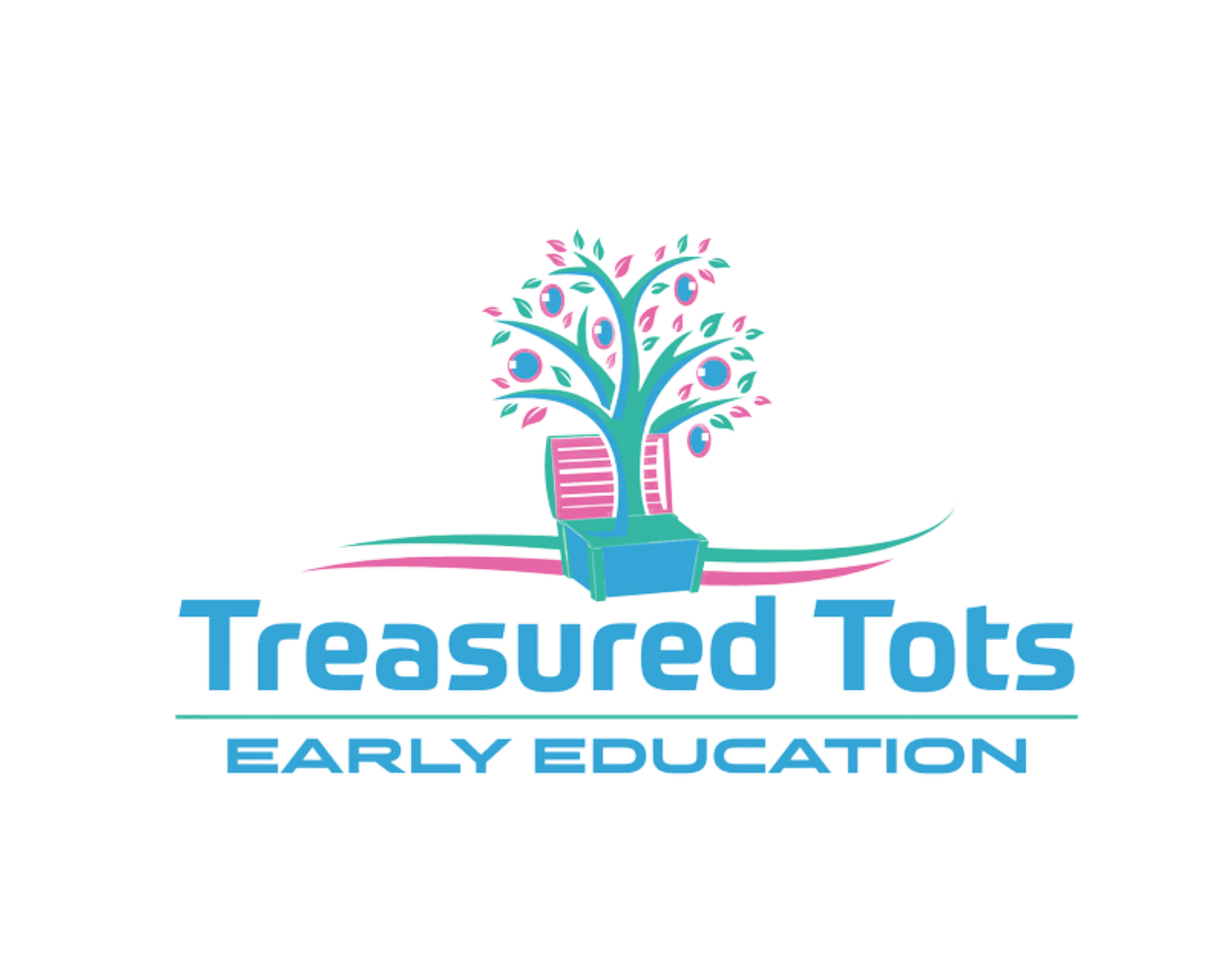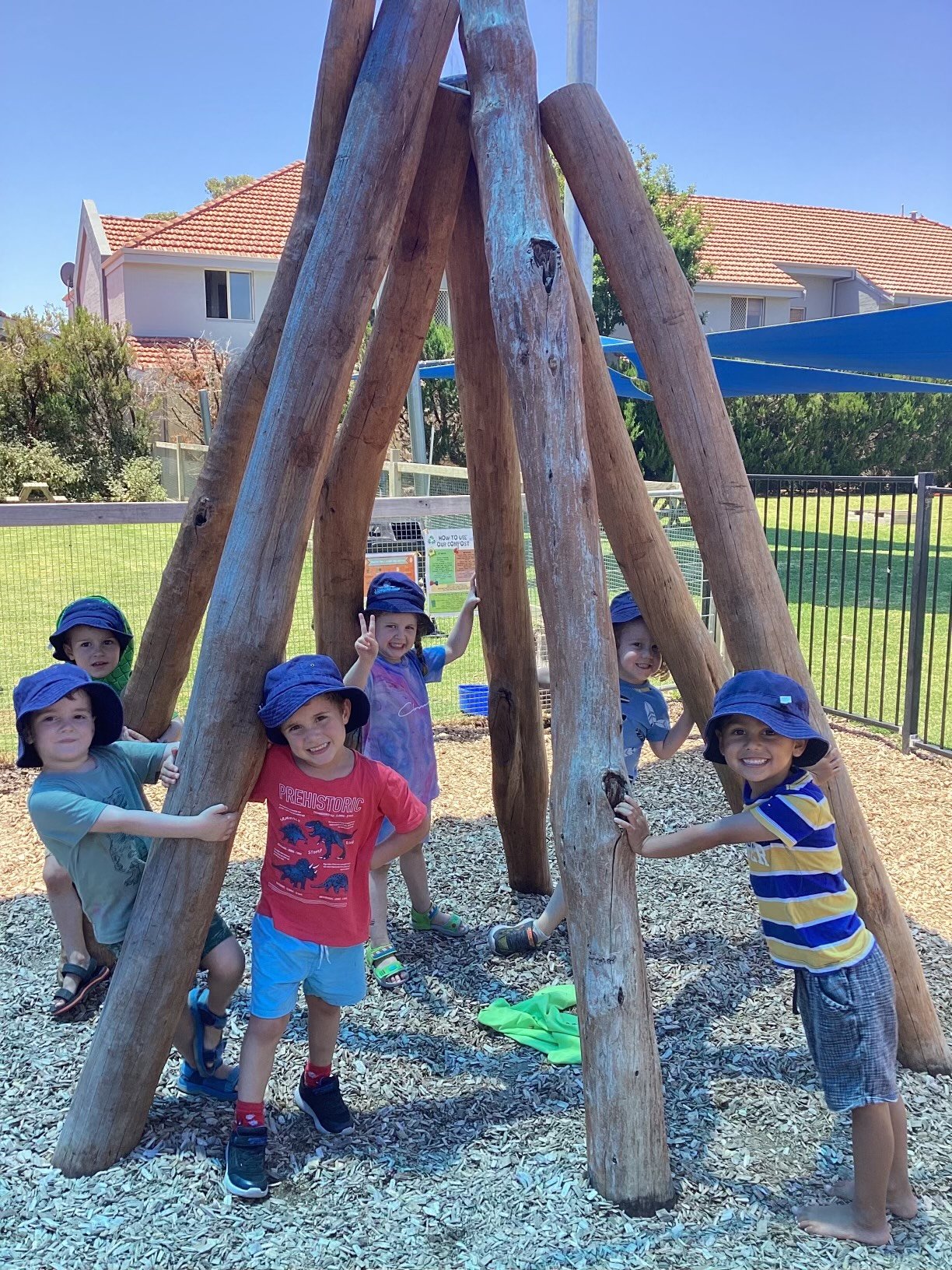Why You Should Make Sure Your Childcare Centre Has Playtime
Playtime at childcare? Do you really need to make sure playtime is a thing at your little one’s childcare centre? Surely that’s a given?
Play-based learning is widely acknowledged by experts as the primary way for young children to learn and play sets the foundation for the multitude of skills necessary for a child’s healthy development. Through play – whether it’s independent play or with others – children explore and discover their surroundings, they learn about themselves and they start building an understanding about their place in the world.
The various childcare and early education providers have different approaches to daily life at their centres and each one structures their programme slightly differently – and that’s exactly why it is so important to ensure that playtime takes up a sizeable chunk of the daily programme at your little one’s childcare centre.
What are the benefits of play?
Play helps children develop a wide range of skills and abilities including physical, cognitive, language, emotional and social skills. Play fires up their imaginations and feeds their natural curiosity and through play, children learn to communicate and express themselves.
Playing with their peers and with adults introduces little ones to important concepts like sharing, taking turns, teamwork, co-operation, problem-solving and conflict resolution and it’s where they start to develop more complex emotions and responses like patience, empathy, kindness and tolerance.
Resilience and self-confidence are other areas that are strengthened through play – and all of these skills and abilities are vital for a child’s successful progression through life.
This article on play-based learning for child development has some excellent information on the benefits of play.
What does playtime at childcare look like?
Early learning environments aren’t all the same. Some follow a fairly structured curriculum while others operate a more flexible routine. Our way of life at Treasured Tots is inspired by the Reggio Emilia approach to early education which has child-directed learning through play at its core.
Playtime can take many different forms at childcare. It can be a group activity like a song or a dance, independent play where a child plays alone, guided play where an experienced educator will encourage and support the children to engage in a fun activity, it can be spontaneous or free play and it can be social play which involves a number of other children.
Physical movement activities also constitute play. Ball games, dancing, jumping and climbing all help to develop a child’s physical strength, coordination, balance and flexibility, while more passive play like moulding play-dough, painting, constructing with blocks, looking at books, listening to a story and doing puzzles are excellent for developing things like fine motor skills, cognitive skills, critical thinking and creativity.
A child is also more likely to learn when the activity requires them to use some or all of their senses – taste, touch, smell, sound and sight. It’s a good idea to look for a childcare centre which embraces sensory play (even if it means getting a little messy at times!) and where every child is supported to explore their own area of interest.
A child who is encouraged to develop at their own pace, without judgement or expectation in a safe and nurturing environment where the emphasis is on fun, safe and stimulating play is more likely to develop strong foundational skills and a lifelong love of learning.
If you’d like to learn more on this topic, have a read of this article on ‘How play-based learning benefits your child’.
Playtime and early education
At childcare, your child should be exposed to activities like role play, dramatic play and fancy dress play which stimulate their imaginations and encourage their creativity. These types of activities also help children develop important language and communication skills.
Outdoor activities are another way that a child learns important skills and it can be very beneficial to find a childcare provider that has a strong focus on outdoor play and the natural environment. Collecting leaves and twigs, playing with different textures such as bark and pebbles, building forts or palaces from items collected in nature, messing around with sand and water – all of these experiences present children with rich opportunities to learn and develop skills.
Making time for play
In the home, adults should also be making time to play and have fun with their child. Children are like sponges and they absorb and imitate so much of what goes on around them, so their interactions with adults at home will enrich their journey of discovery and development.
Here are some activities which you can do at home to support and enhance your child’s learning:
Do ‘crafty’ things together like painting, drawing, moulding playdough, cutting and glueing
Dress up in fancy dress and role play
Engage in some high-energy play like running races, dancing, hide and seek, obstacle courses
Play with construction blocks
Have some muddy fun with sand and water
Do a puzzle or a simple board game together
Sing songs and play musical instruments (you can always improvise with kitchen items like pots and wooden spoons)
Sort things out into different colours, shapes or sizes
Make reading to and with your child a daily activity
Go on a nature walk or have a wander in the garden
Cook or bake together
Why playtime is a must
Play is fun, but it’s also critical for a child’s health and overall wellbeing. Play and movement stimulates their brains, strengthens their bodies, releases endorphins and helps them feel happier and helps them develop important cognitive, social and emotional skills. Regardless of what form play takes – guided, social, independent, open-ended, active, passive, indoor or outdoor – children need play in order to learn, grow and thrive.
That’s why you need to make sure your chosen childcare centre prioritises play so that you give your little one the best start in lif., We run a play-based programme at Treasured Tots and every day, we strive to provide loving care and rich education that focuses on individual development and learning. If you’d like more information, please contact us or book a tour of any of our seven early learning centres in Mandurah, Bibra Lake, Fremantle, Piara Waters, Hamersley, Bennett Springs and Bicton to ensure our friendly management team is available to show you around and answer any questions. We look forward to welcoming you!

